Wrong type, use TIMEZONE WITH TIME ZONE
timestamp without time zone
The TIMESTAMP WITHOUT TIME ZONE data type in both Postgres and the SQL standard represents a date and a time-of-day but without any concept of time zone or offset-from-UTC. So this type cannot represent a moment, is not a point on the timeline.
Any time zone or offset information you submit with a value to a column of this type will be ignored.
When tracking specific moments, use the other type, TIMESTAMP WITH TIME ZONE. In Postgres, any time zone or offset information you submit with a value to a column of this type will be used to adjust into UTC (and then discarded).
For simplicity I need to be 100% sure that each and every time(stamp) value is UTC.
Then use a column of type TIMESTAMP WITH TIME ZONE.
s there any step-by-step manual that helps me get rid of time zones?
You do not want to get rid of time zones (and offsets), as that would mean you would be left with an ambiguous date and time-of-day. For example, noon on the 23rd of January this year fails to tell us if you mean noon in Tokyo Japan, noon in Toulouse France, or noon in Toledo Ohio US. Those are all different moments, all several hours apart.
java.time
With JDBC 4.2, we can exchanged java.time objects rather than the terrible legacy date-time classes.
OffsetDateTime odt = OffsetDateTime.now( ZoneOffset.UTC ) ;
myPreparedStatement.setObject( … , odt ) ;
Retrieval.
OffsetDateTime odt = myResultSet.getObject( … , OffsetDateTime.class ) ;
These values will all be in UTC, having an offset of zero hours-minutes-seconds.

Beware of middleware
Beware that many tools and middleware, such as PgAdmin, will lie to you. In a well-intentioned anti-feature, they apply a default time zone to the data pulled from the database. Values of type TIMESTAMP WITH TIME ZONE are always stored in UTC in Postgres, always. But your tool may report that value as if in America/Montreal, or Pacific/Auckland, or any other default time zone.
I recommend always setting the default time zone in such tools to UTC.
